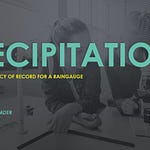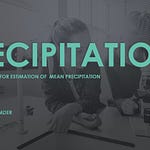The University of South Florida scientists have used the CRIS-HAZARD app to analyze real-time flooding in Pinellas County and Hillsborough County during hurricanes Helene and Milton. The app uses volunteered geographic information and community crowdsourced data to identify and extract estimated water elevation, enabling informed policy-making and emergency management. Ocean saltwater is creeping up the Delaware River in the USA, threatening Philadelphia's drinking water due to drought and sea level rise.
The UN Climate Change Conference (COP29) aimed to triple funding to developing countries to combat climate change, with the New Collective Quantified Goal on Climate Finance (NCQG) aiming for $300 billion annually by 2035. The conference also agreed on carbon markets for faster and more affordable climate plans.
In October 2024, the US Drought Monitor reported that over 54% of the US is in moderate-to-severe drought, with 87% abnormally dry or in drought. The EPA revealed that over 11 million people in the US have PFAS in their drinking water as part of the UCMR 5 testing mandated by the agency.
Germany's Fraunhofer Institute for Energy Economics and Energy System Technology (IEE) has developed a pumped energy storage system for the seabed, called StEnSea, which will be tested off Long Beach near Los Angeles. Eco Wave Power, a provider of onshore wave energy technology, will inaugurate Israel's first pilot station for generating electricity from sea waves at Jaffa Port on December 5.
Scottish marine energy company Mocean Energy raised £386,770 ($486,380) from its £900,000 ($1,131,790) crowdfunding campaign on Crowdcube to finance the next phase of the company's growth plans, transitioning from R&D to commercialization and internationalization. Eco Wave Power has reported Q3 2024 results, including a power station sale in Taiwan, a milestone in an Israel-based project, and a share buyback.
For more details about the News visit the Newsletter Post by clicking here.










